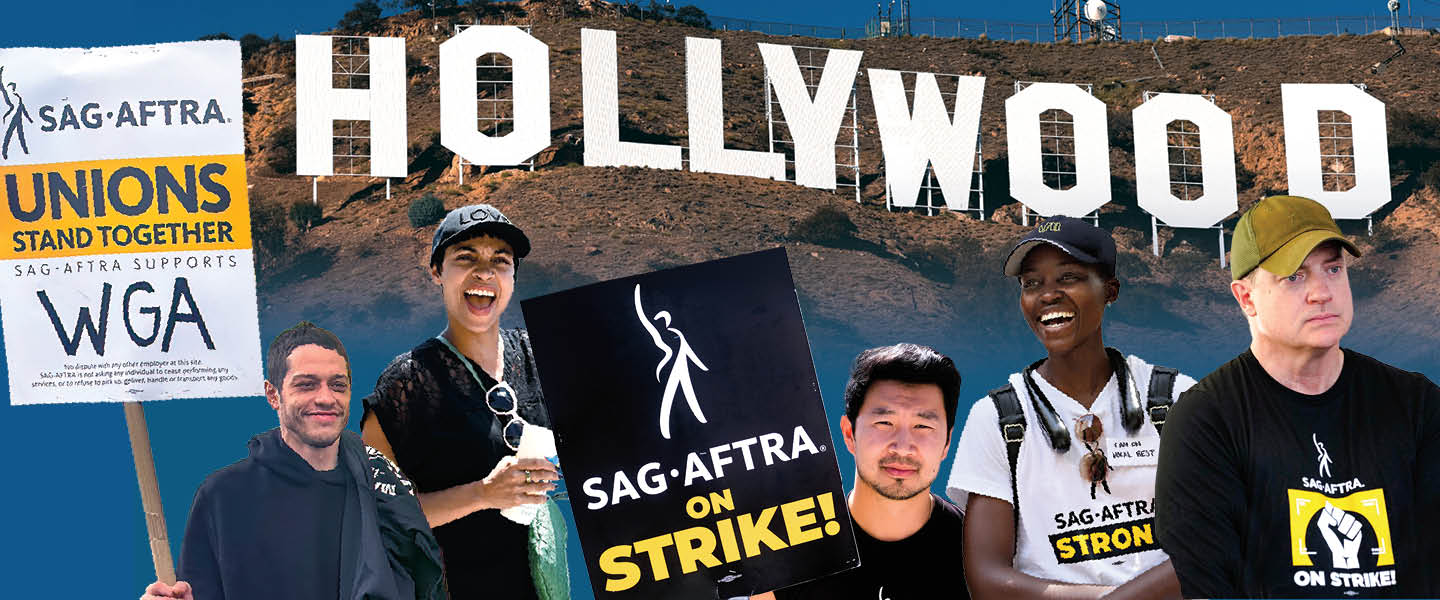This summer, popular TV series such as Stranger Things and Abbott Elementary suddenly shut down production. Late-night shows went dark. And network TV and streaming services piled up with reality series, game shows, and reruns.
Why? Hollywood writers and actors went on strike. It’s the first time since 1960 that the unions representing both groups were on strike simultaneously, bringing America’s $134 billion movie and TV business nearly to a halt.
The strikes—which were ongoing as of press time—pitted thousands of actors and TV and film writers against the old major studios, such as Universal and Paramount, and the tech newcomers like Netflix, Amazon, and Hulu. At the center of the dispute are big questions about how the entertainment industry should function in the streaming era and how it should adapt to new artificial intelligence (A.I.).
“Everything was basically in balance under the hegemony of five major studios,” says Barry Diller, a longtime media executive. “And then, oh my God, along come the tech companies in Netflix, Amazon, and Apple . . . the result of which is you have a business that’s just completely upended.”
This summer, popular TV series such as Stranger Things and Abbott Elementary suddenly shut down production. Late-night shows went dark. Network TV and streaming services piled up with reality series, game shows, and reruns.
Why? Hollywood writers and actors went on strike. It’s the first time since 1960 that the unions representing both groups were on strike simultaneously. It’s brought America’s $134 billion movie and TV business nearly to a halt.
The strikes are ongoing as of press time. It has pitted thousands of actors and TV and film writers against the old major studios, such as Universal and Paramount, and the tech newcomers like Netflix, Amazon, and Hulu. At the center of the dispute are big questions: How should the entertainment industry function in the streaming era? How should it adapt to new artificial intelligence (A.I.)?
“Everything was basically in balance under the hegemony of five major studios,” says Barry Diller, a longtime media executive. “And then, oh my God, along come the tech companies in Netflix, Amazon, and Apple . . . the result of which is you have a business that’s just completely upended.”

